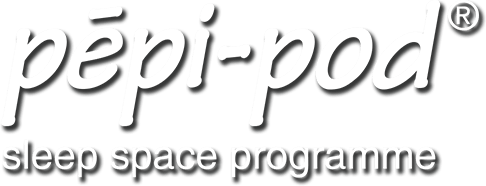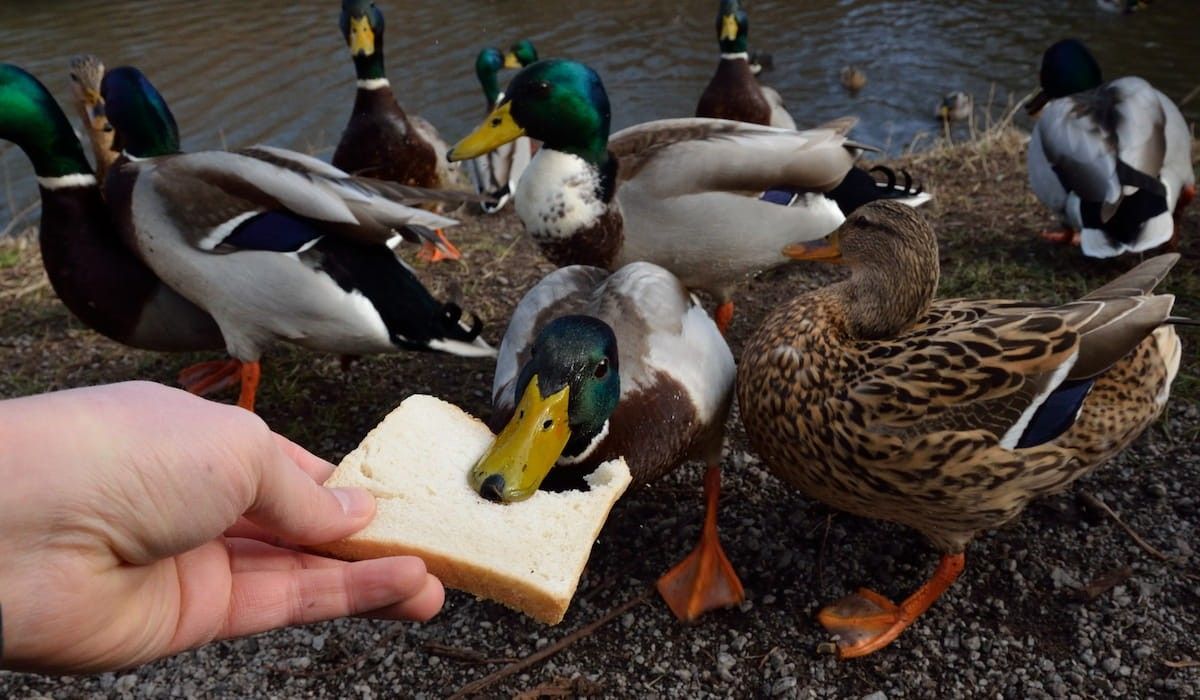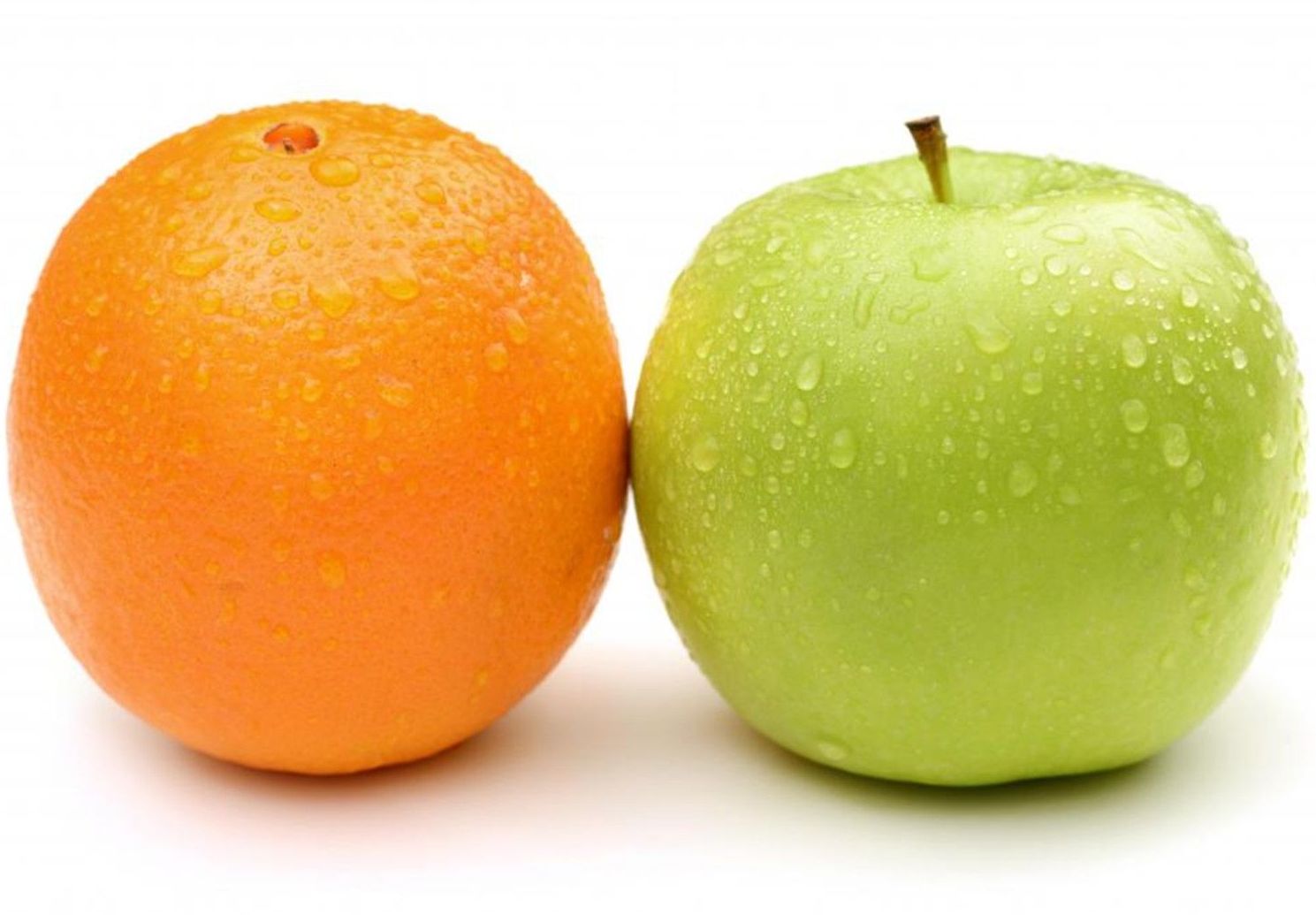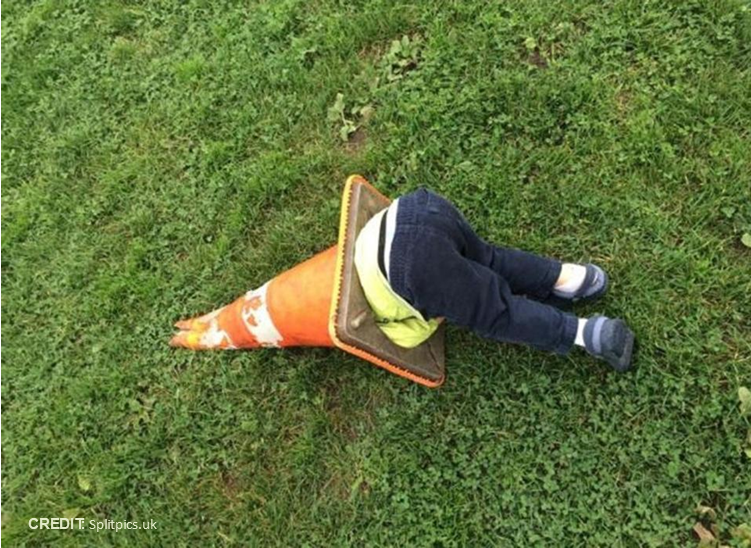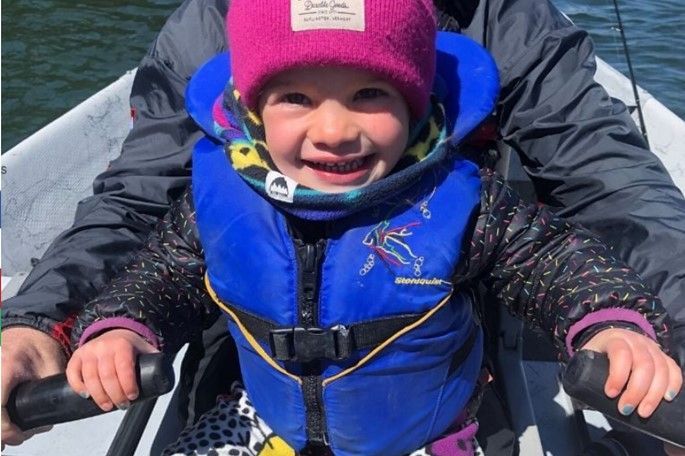Pod Talk
a communiqué for connecting all involved in the Pēpi-Pod® programme
by Stephanie Cowan
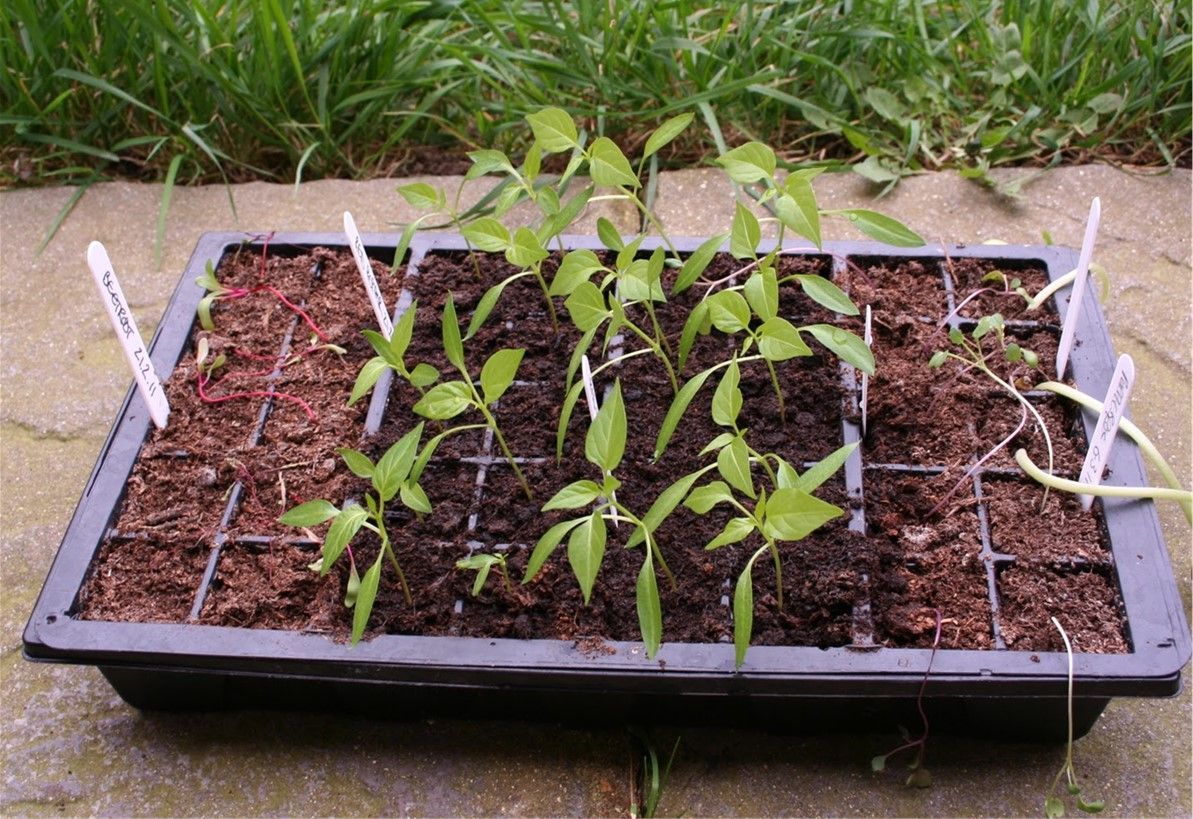
It's spring! Let's talk soil.
No, this is not a gardening post that you have stumbled on. But it is a lesson from spring.
Nature holds so much wisdom and clarity if only we notice and consult her. Last summer, nature made it very clear where in our garden we should plant the chilli peppers, and what to feed the blueberries. Hopefully, we are now in for a very 'hot' summer that is loaded with antioxidants and phytoflavinoids. Thank you, nature, for the lesson and the produce.
So what is spring teaching us through the image above? For me, spring is telling us loud and clear - tupu whakamiharo - it matters where you grow. It makes a difference to how you turn out. When the growing conditions are good, as they are in the middle of the seedling tray, the new plants emerge healthy and strong. If conditions are unfavourable, as in the outer compartments of the tray, then seedlings emerge weak and vulnerable, some not at all.
When I first saw this image of the seedlings some years ago, it made a powerful impact on me as an analogy for promoting placental health. So much so that we built a whole programme around it that you can download here - It matters where you grow. And we created a talk card to encourage conversations with whānau that join the dots between healthy placenta - healthy baby - safe sleep.
Just as healthy soil grows healthy plants, healthy placentae grow health pēpi. Soil and placenta are the starting places of care for the life that will emerge from each. In te reo Māori, whēnua, we know, means both placenta and land. The term has deep cultural significance for Māori. There is ritual around disposal of whēnua to honour its essential role in a baby's life, and the value of interconnectedness of people with the land.
While parents and whānau may know whēnua is 'important', they may not understand how, why or what conditions may support or challenge its work. For example, they may know that smoking is 'not good' for a baby, but they may not know that it makes the whēnua work harder to get oxygen and nutrients to the baby; that the whēnua may not last the full 9 months.
If you have been trained in midwifery, nursing, medicine or any other health science, you will know that the whēnua is a short-term organ with long-term effects for the life it is charged with protecting. You will have in-depth knowledge and understanding about its function in nurturing a baby from implantation to delivery. You will know what conditions may influence where an embryo implants and what that means for the baby and pregnancy. You will know the short and long-term consequences of an overworked whēnua.
Your knowledge gives you an advantage that those of us who are non-experts do not have. You understand the interconnectedness of the many components of this wonderfully complex organ.
Which brings me back to soil. Analogies, metaphors and stories can make learning about complex concepts easier for those of us without expert knowledge. And safer, as they externalise issues and enable a more objective perspective. The human brain remembers the gist of your explanations more easily than the details. The natural world is rich with lessons that we can translate into meaningful moments of insight for families. Starting with whēnua because all work to improve placental health is safe sleep work, too.
So get creative. Look around you for images that might support you to make a particular point, and learn from how people respond. It will make your conversations fresh and surprising, and, hopefully, insightful and enabling.
Mā te wā, Stephanie
